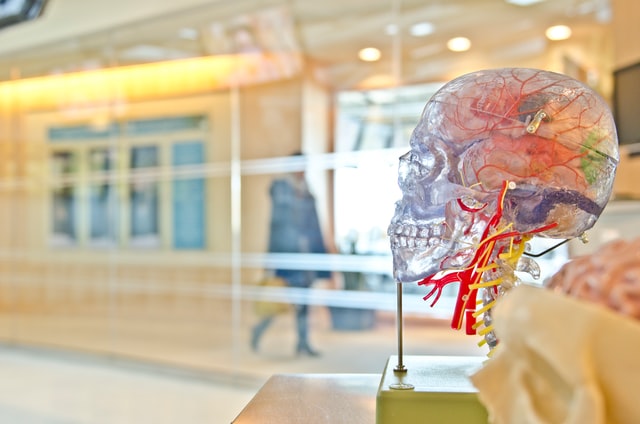Aggregated News

Neuralink, the company through which entrepreneur Elon Musk hopes to revolutionize brain–computer interfaces (BCIs), has implanted a ‘brain-reading’ device into a person for the first time, according to a tweet posted by Musk on 29 January.
BCIs record and decode brain activity, with the aim of allowing a person with severe paralysis to control a computer, robotic arm, wheelchair or other device through thought alone. Apart from Neuralink’s device, others are under development and some have already been tested in people.
Neurotechnology researchers are cautiously excited about Neuralink’s human trial. “What I hope to see is that they can demonstrate that it is safe. And that it is effective at measuring brain signals — short term, but, most importantly, long term,” says Mariska Vansteensel, a neuroscientist at University Medical Centre Utrecht in the Netherlands and president of the international BCI Society.
But there is frustration about a lack of detailed information. There has been no confirmation that the trial has begun, beyond Musk’s tweet. The main source of public information on the trial is a study brochure inviting...



